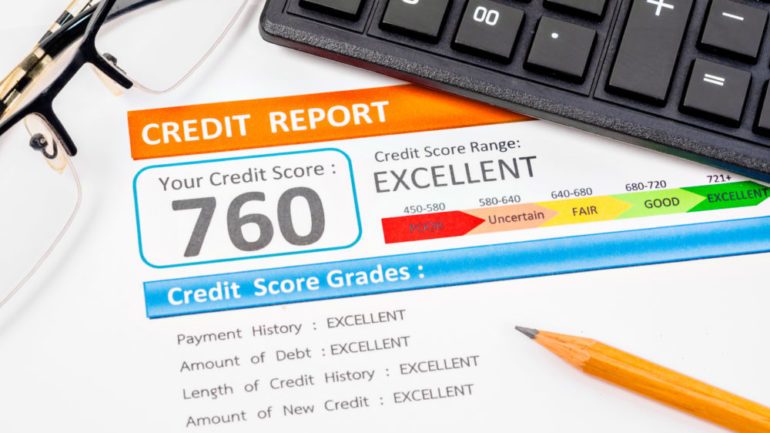When shopping for a mortgage, one number, in particular, plays a major role — a good credit score. A higher number means you’ll be offered a lower interest rate, which means a more affordable mortgage. Here’s what you need to know about your credit score and a few tips on how to improve it.
What exactly is a credit score?
The number, which can range from 300 to 850, is part of your total credit report, which documents your financial history. That includes such things as whether you pay your bills on time, how much debt you owe, and whether you have enough income to pay your bills. The higher your credit score, the more responsible you appear to a bank, and the easier it will be to qualify for a mortgage with a good interest rate.
How do I check my credit report?
Your report, which can be accessed for free once a year at AnnualCreditReport.com, is tracked by three major credit bureaus: Equifax, Experian, and TransUnion. It’s wise to check all three because there can be differences in the reports. If you spot errors or potentially fraudulent activity, it’s important to challenge the information immediately. Be prepared to provide documentation.
Reduce your debt.
Paying down high-balance credit cards will increase your credit score. Having maxed-out cards translates as spending more than you can afford to repay. Paying more than the minimum payment brings your balances down faster, reduces the interest on your purchases, and also shows your desire to be responsible for your spending habits.
Pay on time.
Punctual payment shows the credit agencies how well you handle your money. Late payments are reported to the agencies and work against you, lowering your score. Foreclosures, repossessions, and bankruptcies are all major financial events that also drop your score. After such an event, diligently paying on time and reducing your debt over time will have a positive impact on your score.
Make new purchases sparingly.
Finally, refrain from large purchases and taking out more credit cards or personal lines of credit than you need. Each time you ask for more credit, a credit report is pulled, which can lower your score.
Related – 10 Ways to Help Repair Your Credit History


